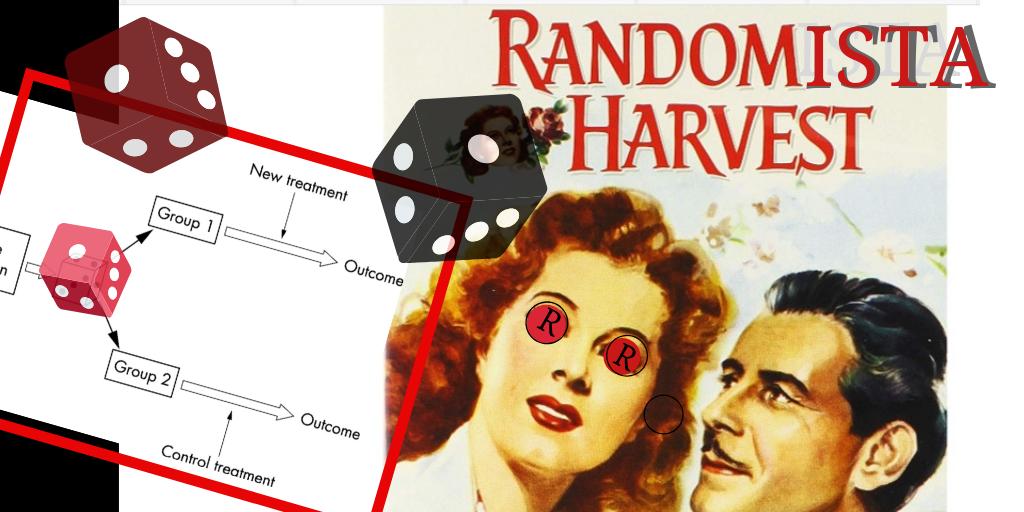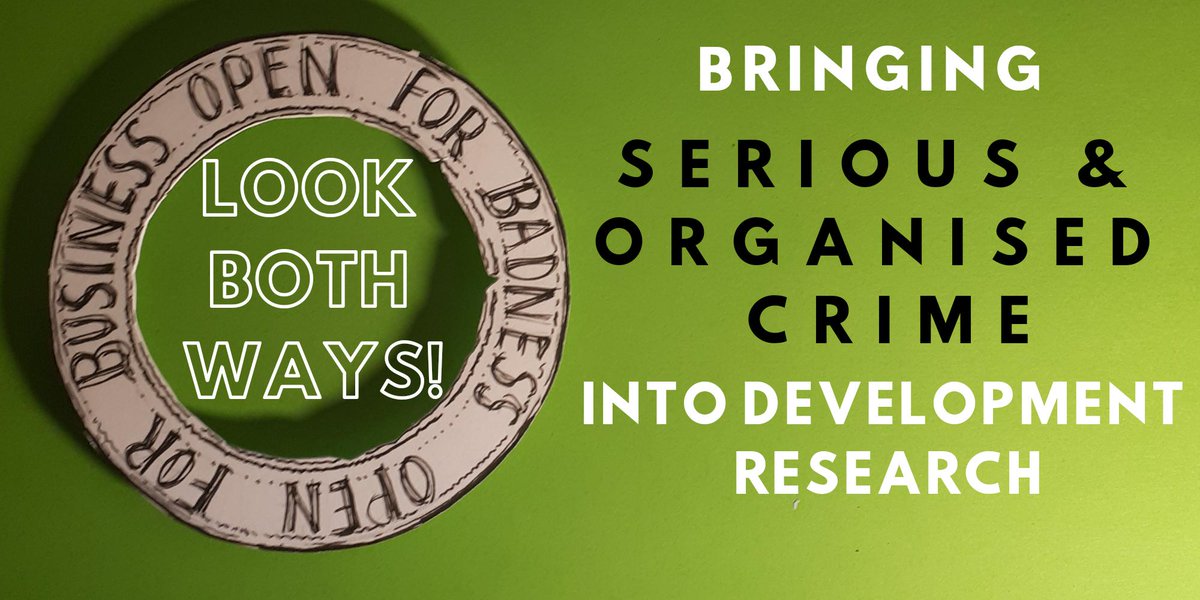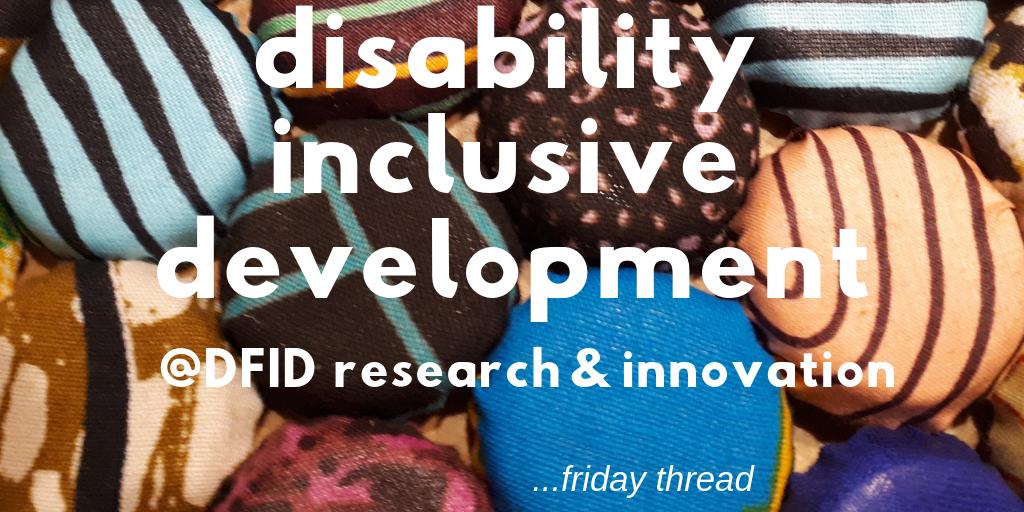NOT MOPING, BUT MOOPING (short thread)
Farewell Migrating Out Of Poverty: 10 yrs of exceptional research.
🐣joining @DFID_RED_GCSD in 2014 I became DFID #SeniorResponsibleOwner (SRO) for MOOP & learnt loads about rsrch, partnership, policy uptake.
some reflections...
Farewell Migrating Out Of Poverty: 10 yrs of exceptional research.
🐣joining @DFID_RED_GCSD in 2014 I became DFID #SeniorResponsibleOwner (SRO) for MOOP & learnt loads about rsrch, partnership, policy uptake.
some reflections...
https://twitter.com/MigrationRPC/status/1207251966839185409
1.A CONTINUUM: NOT BINARY
Quant+qual rsrch in Asia/Africa/MENA showed
- dynamic continuum between licit & illicit migration;
- agency & exploitation within a single migrant journey;
Debunked simplistic policies that see migrants as <either> wholly innocent <or> wholly bad.
Quant+qual rsrch in Asia/Africa/MENA showed
- dynamic continuum between licit & illicit migration;
- agency & exploitation within a single migrant journey;
Debunked simplistic policies that see migrants as <either> wholly innocent <or> wholly bad.
2.MIGRATION INDUSTRY
MOOP drilled deep into migration industries, focusing on specific routes, understanding very complex relations between migrants & brokers, intermediaries & smugglers who facilitate journeys.
Trust, faith, risk, care, deceit. On repeat.
MOOP drilled deep into migration industries, focusing on specific routes, understanding very complex relations between migrants & brokers, intermediaries & smugglers who facilitate journeys.
Trust, faith, risk, care, deceit. On repeat.
3.COUNTER, FACTUAL
MOOP longitudinal comparative rsrch shines light on effects of migration on sending households, selection effects, & remittances.
Beyond 'Crisis' headlines, MOOP helps understand this massive <poverty reduction machine>, especially internal & regional mig.
MOOP longitudinal comparative rsrch shines light on effects of migration on sending households, selection effects, & remittances.
Beyond 'Crisis' headlines, MOOP helps understand this massive <poverty reduction machine>, especially internal & regional mig.
4.MIGRATION & RELATIONSHIPS, HOUSEHOLDS
Longitudinal rsrch complemented by MOOP's ethnographic work on evolving shifting gender relations & household shapes...
Spoilers - some empowering, some heartbreaking...
Also MOOP insights on gender equity in research - lessons noted!
Longitudinal rsrch complemented by MOOP's ethnographic work on evolving shifting gender relations & household shapes...
Spoilers - some empowering, some heartbreaking...
Also MOOP insights on gender equity in research - lessons noted!
5.REGIONAL RESEARCH POWERS
MOOP has great partners in key regions- e.g. Singapore, Ghana, Bangladesh- with orgs & individuals strongly engaged in policy advice, longterm influence, & policy goals-e.g S'pore day off for domestic workers; mobiles for B'desh women in Saudi Arabia
MOOP has great partners in key regions- e.g. Singapore, Ghana, Bangladesh- with orgs & individuals strongly engaged in policy advice, longterm influence, & policy goals-e.g S'pore day off for domestic workers; mobiles for B'desh women in Saudi Arabia
6.REGIONAL POLICY PUNCH
I was lucky enough to visit the team at @CMS_UG_LEGON in Accra. Hugely impressed by integrated research, training of govt officials, & support for migration policy development across West Africa.
👏Hats off to Mariama Awumbila, @Prof_Teye & team.
I was lucky enough to visit the team at @CMS_UG_LEGON in Accra. Hugely impressed by integrated research, training of govt officials, & support for migration policy development across West Africa.
👏Hats off to Mariama Awumbila, @Prof_Teye & team.
7. SCIENCE & ART#1
MOOP conferences in Singapore, London opened my eyes to research, activism, & art combining to maximise impact.
Photo essays, paintings, videos....
Favourite at Singapore conf:
Philippine migrant <Wrecking Ball> parody:
bit.ly/2todr58
MOOP conferences in Singapore, London opened my eyes to research, activism, & art combining to maximise impact.
Photo essays, paintings, videos....
Favourite at Singapore conf:
Philippine migrant <Wrecking Ball> parody:
bit.ly/2todr58
8. SCIENCE & ART#2
...which helped lead to MOOP diversifying research outputs to include some brilliant comics about the reality of migration routes, brokers,
..stay tuned for MOOP at @RGS_IBG migration comic-con 2020 with @lhammondsoas
...which helped lead to MOOP diversifying research outputs to include some brilliant comics about the reality of migration routes, brokers,
https://twitter.com/MigrationRPC/status/1202169568120262656
..stay tuned for MOOP at @RGS_IBG migration comic-con 2020 with @lhammondsoas
JOURNEY'S END
My MOOP thread could have gone on til 2020; highlights highly subjective.
Thanks to all in MOOP for great work, inspiration, & for educating me. Being SRO can be dry, but this section of MOOP's final report was #MoistEyeMoment.
keep in touch!
peter,gcsd
My MOOP thread could have gone on til 2020; highlights highly subjective.
Thanks to all in MOOP for great work, inspiration, & for educating me. Being SRO can be dry, but this section of MOOP's final report was #MoistEyeMoment.
keep in touch!
peter,gcsd

ps not policy!
• • •
Missing some Tweet in this thread? You can try to
force a refresh













